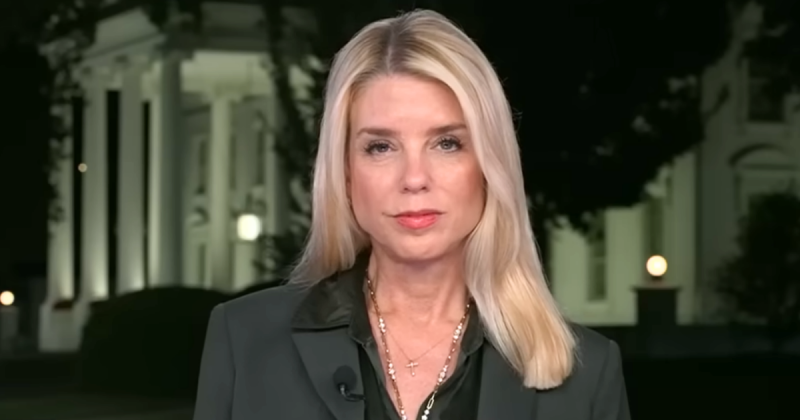Senior officials inside the Department of Justice (DOJ) are weighing whether trans-identifying individuals should be barred from purchasing or owning firearms, according to multiple sources familiar with internal discussions.
The consideration, described as preliminary but serious, would mark an unprecedented move by the federal government to target a specific group for firearm restrictions.
The DOJ’s Office of Legal Counsel (OLC), which provides legal guidance to the Attorney General, has convened several meetings in recent days on the matter.
Officials are examining whether gender dysphoria—a diagnosis often connected to “transgender” identity—should be classified in a way that legally disqualifies individuals from exercising Second Amendment rights on the basis of mental illness, according to Breitbart.
This internal review was prompted by last week’s deadly shooting at a Catholic school in Minneapolis, where authorities allege a trans-identifying individual killed two children and injured more than 20 others.
The tragedy has reignited debate over how mental health intersects with firearm laws and has intensified calls for federal leaders to step in.
If enacted, such a ban would represent one of the most sweeping reinterpretations of gun ownership standards in decades.
Supporters argue it would directly address a risk factor that has surfaced in several high-profile attacks.
Charlie Kirk, founder of Turning Point USA, has voiced public support for restricting gun rights in this case, calling it a practical safeguard that prioritizes community safety.
Critics, however, warn that carving out exceptions based on identity or medical diagnosis could set a precedent that undermines the constitutional foundation of the right to bear arms.
Vice President JD Vance traveled to Minneapolis this week to meet with families of the victims and survivors.
While he refrained from dictating state-level policy, he acknowledged the urgency of the issue.
“I’m not going to tell the Minnesota lawmakers or the governor exactly how they should respond to this tragedy. I think that…there’s a strong desire from across the political spectrum to do something so that these shootings are less common,” Vance said.
Meanwhile, Minnesota Gov. Tim Walz, who has described his state as a “trans refuge,” has pushed for broader gun control measures in response to the attack.
His stance has drawn criticism from conservatives who argue that his policies have weakened public safety while ignoring the deeper problems driving these shootings.
Legal experts note that any attempt by the DOJ to impose firearm restrictions tied to gender dysphoria would almost certainly face immediate challenges in court.
Questions surrounding constitutionality, equal protection and enforceability would place such a policy under extraordinary scrutiny.
Federal judges would be tasked with weighing public safety concerns against long-standing protections of individual rights.
Beyond Minnesota, the DOJ’s deliberations signal a potential turning point in national policy.
Never before has the federal government explored restricting gun ownership for a group defined by gender identity or related mental health conditions.
Observers say the outcome could chart a new course for how Washington approaches the intersection of firearms, mental health and identity politics.
For now, no formal policy has been announced.
The fact that the DOJ is actively studying the issue under Attorney General Pam Bondi, however, signals a new phase of the gun debate—one that could shape the Second Amendment landscape for years to come.

